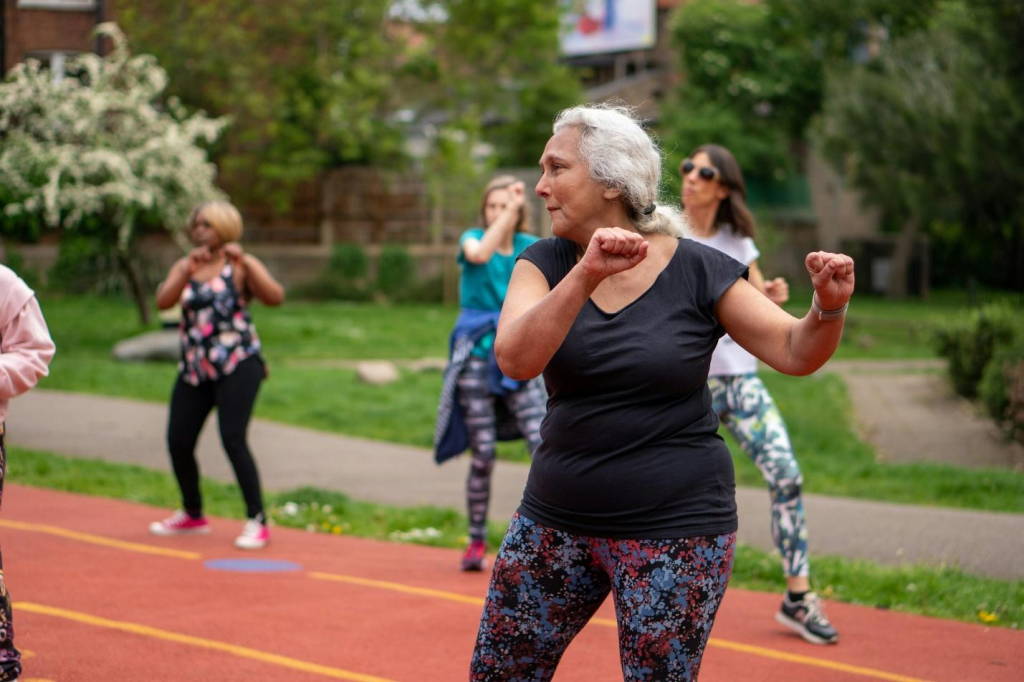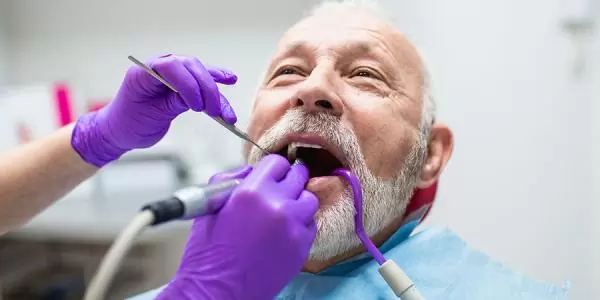How To Manage Chronic Conditions For Better Health In Old Age
As we age, the development of chronic conditions like diabetes, high blood pressure, arthritis, and heart disease becomes more frequent. Unfortunately, far too often, people imagine ageing to be an inevitable decline in health when slowly evolving chronic diseases take over to bring down the quality of life. This narrative does not have to be reality.
Although the likelihood of developing chronic conditions may rise with age due to natural biological changes, how these diseases progress and affect day-to-day life is not predetermined. Active health management provides multiple opportunities to take control and remain vital and independent while living with multiple chronic conditions.
In this article, we will point out some of the most critical strategies for taking control of your health as you age.
1. Regular Medical Check-Ups
Routine medical checkups are the crux of handling every chronic illness. Your doctor is your partner in care—so see them at least twice a year for routine labs and exams, even if you’re feeling well. Your doctor can tell during these visits how well your condition responds to treatment and find new problems early on when they are easier to treat.
Early detection is very critical because it not only gives your doctor options for treatment but also enhances the chance of preventing further complications. It is always important to be openly honest when new symptoms present or you have concerns. Your regular doctor knows your history and is better positioned to recognize changes over time.
2. Incontinence Management
Incontinence management is vital to retaining dignity and well-being for seniors. At this point, carers become very important in helping the patient cope with the problem through understanding and sympathy. Most of the time, incontinence reflects some other underlying medical problem whose symptoms could be treated with certain medications prescribed by health professionals.
Carers can help with choosing and using absorbent products, like pull-ups for adults, that permit free mobility for the patient during daily activities without potential embarrassing occurrences. Also, caregivers must adopt lifestyle modifications, exercises to the pelvic floor, and open communication with the health team to ensure the management is tailored to the needs of the patient.
3. Medication Management
For many chronic illnesses, medication is an important part of treatment. However, it’s too easy to forget or miss doses as we age. Proper medication management requires setting reminders, storing medications somewhere easy to find, and tracking refills.
It’s also important to discuss all medications, supplements, and herbs you’re taking with your pharmacist and doctor to check for interactions or side effects. Don’t take it upon yourself to stop or change medications without discussing it with your doctor first. Proper adherence to treatment plans can make a huge difference in managing conditions effectively.

4. Healthy Diet
Diet plays a role in nearly every chronic disease, from diabetes to heart disease. Eating a nutrient-rich, balanced diet is one of the best proactive steps for your health.
Aim for lean proteins, whole grains, vegetables, fruits, nuts, and heart-healthy fats. Limit sodium, added sugars, and processed foods. Staying hydrated is also essential. Meeting with a nutritionist or dietitian can help create a customized eating plan that nourishes your body and fits your lifestyle and food preferences. Making small, sustainable changes is most effective for life-long wellness.
5. Physical Activity
Regular exercise is one of the best tools for staying healthy as the years go on. Even some movements, like fast walking, can be beneficial. It can help keep a good weight, lower risks for diseases like blood sugar, boost moods, and enhance the ability to move and take care of yourself. Start with a little if needed and very slowly do more time and try harder as you can.
Additionally, focusing on strength training during specific weeks is crucial for individuals to help preserve muscle mass. Finding fun activities you want to do makes keeping to an exercise plan much more doable for a long time.

6. Stress Management and Adequate Sleep
The toll of chronic, prolonged stress on the body adds up over time. Chronic stress is linked to the highest risks of almost all diseases. Social support, relaxing activities, and problem-solving interventions allow individuals to offset these health effects by proactively decreasing stress.
Additionally, quality sleep is another often overlooked yet critical pillar of health. Sleep requirements stay the same as we age, at 7-9 hours per night for most adults. However, factors like illnesses, medications and lifestyle changes can disrupt sleep.

7. Hydration
Staying adequately hydrated becomes even more critical with age. As we lose muscle mass and sensitivity to thirst, the risk of dehydration rises. Dehydration causes symptoms like fatigue, dizziness, and constipation, which can easily be confused with other medical problems.
The simple step of drinking water throughout the day can help many body processes function smoothly. However, discussing your fluid needs with your doctor is best, as certain conditions may require fluid restriction. Carrying a water bottle with you is a good habit to maintain adequate hydration without thinking about it.
Wrapping Up
While ageing brings challenges, focusing on proactive self-care gives us power over our health trajectory. Making lifestyle medicine fundamentals like regular medical care, medication adherence, stress management, and sleep priorities can help us better ride out chronic conditions that arise.
Small, sustainable changes add to significant impacts, allowing many to live active, independent lives well into their senior years. Taking control through education, routine check-ups, tailored diets, and exercise keeps the body and mind engaged.


